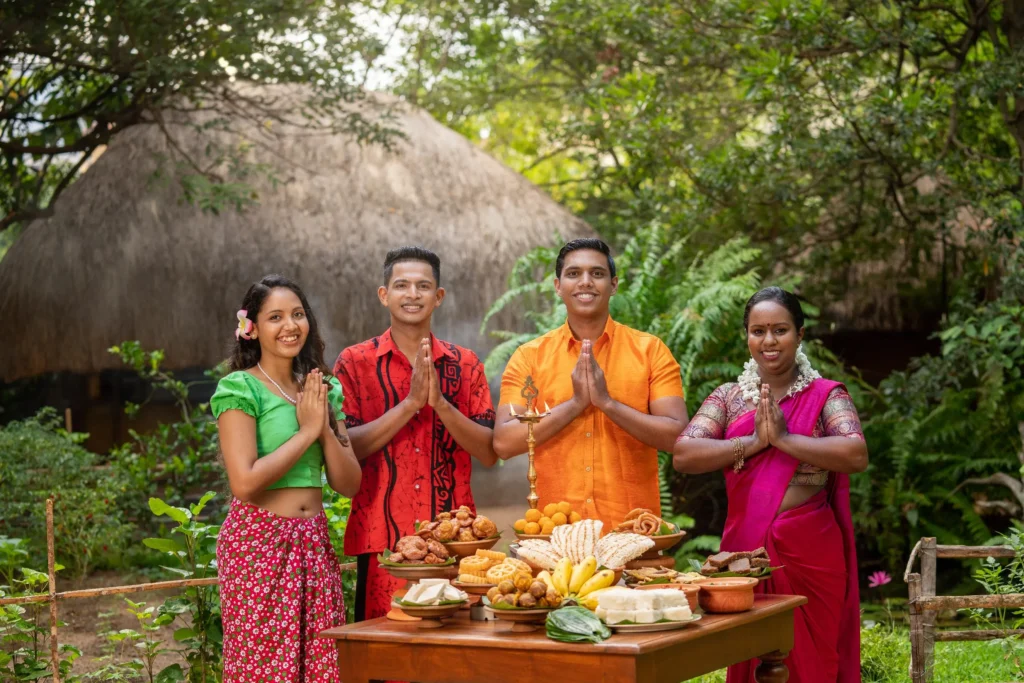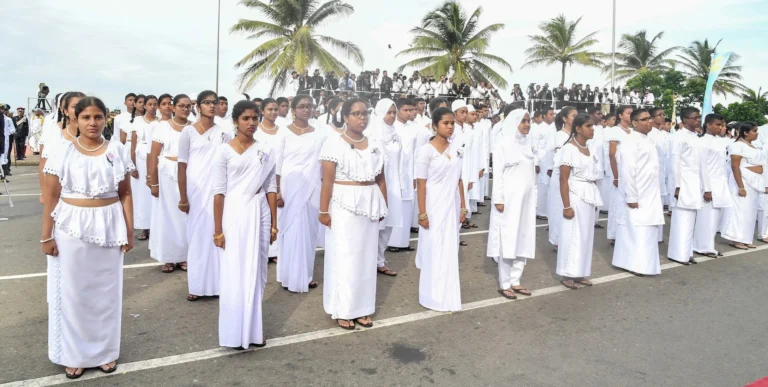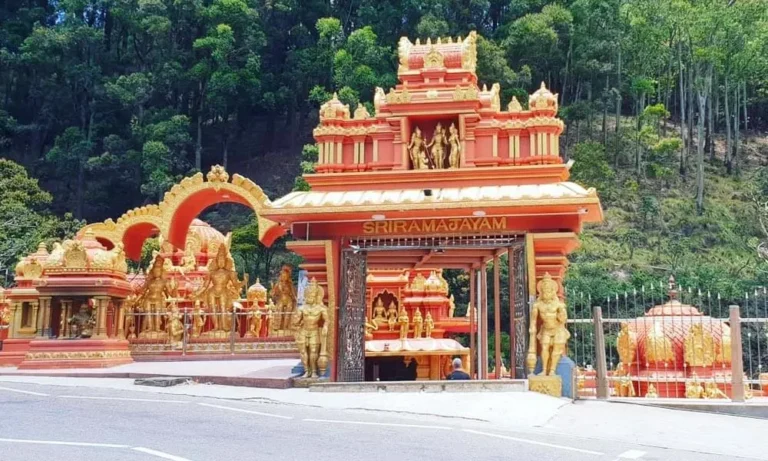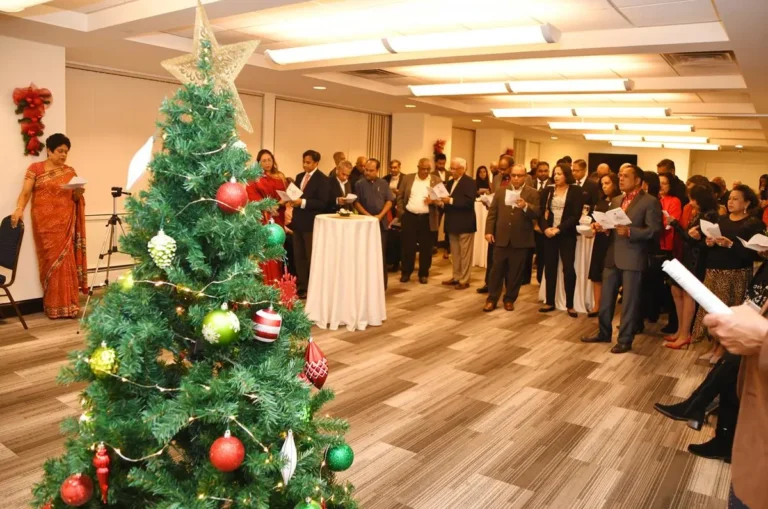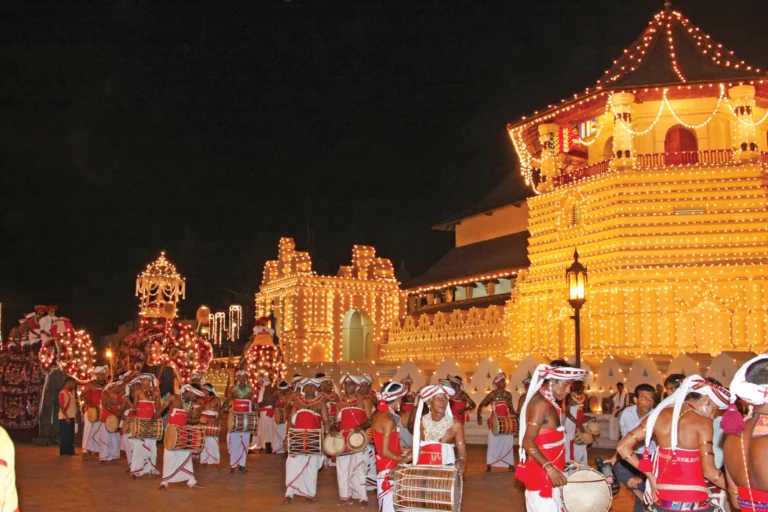Discover the Vibrant New Year Ceremony of Sri Lanka
Sri Lanka, an island nation brimming with culture and tradition, celebrates many vibrant festivals. Among these, the New Year ceremony, known locally as Aluth Avurudda in Sinhala and Puthandu in Tamil, stands out for its unique blend of customs and festivities. This celebration, marking the Sinhala and Tamil New Year, typically falls in mid-April and is one of the most significant cultural events in Sri Lanka. Let’s delve into the rich traditions, preparations, and celebrations that make this festival a must-experience event for any traveler.
Historical Significance and Cultural Harmony
The Sinhala and Tamil New Year is more than just a cultural festival; it symbolizes the unity and harmony between the Sinhalese and Tamil communities of Sri Lanka. Rooted in astrological beliefs, the festival marks the end of the harvest season and the beginning of a new year, as per the traditional solar calendar. It is a time when the sun moves from the House of Pisces to the House of Aries, signifying renewal and new beginnings.
Preparations and Customs
The preparations for the New Year begin weeks in advance. Homes are cleaned and adorned with fresh flowers, colorful decorations, and traditional oil lamps. Families prepare a variety of traditional sweets and snacks such as kokis, kiribath (milk rice), and kavum. The fragrance of these delicacies fills the air, adding to the festive spirit.
Astrological Timings
One of the unique aspects of the Sri Lankan New Year is the adherence to astrological timings. Specific times are set for different rituals, which are strictly followed. These include:
- Nonagathe (Neutral Period): A few hours before the dawn of the New Year, all work ceases, and families engage in religious activities.
- New Year Dawn: The precise time when the old year ends, and the new year begins is determined by astrologers.
- Lighting the Hearth: Families light the hearth at an auspicious time to prepare the first meal of the New Year.
- First Meal: The first meal, usually milk rice and sweets, is shared among family members.
- Transactions and Applying Oil: Transactions are made, and oil mixed with herbal preparations is applied, symbolizing prosperity and health for the coming year.
Traditional Games and Entertainment
The New Year is not just about rituals; it’s also a time for fun and games. Traditional games such as kana mutti (pot breaking), tug-of-war, and pillow fighting are enjoyed by people of all ages. These games foster community spirit and provide a platform for people to bond and celebrate together.
Visiting and Exchange of Gifts
Visiting friends and relatives is an integral part of the New Year celebrations. Gifts and sweets are exchanged, and blessings are sought from elders. The traditional greeting, “Subha Aluth Avurudak Wewa” in Sinhala and “Puthandu Vazthukal” in Tamil, which means “Happy New Year,” resonates throughout the island.
Significance of Traditional Attire
Wearing new clothes, preferably in auspicious colors recommended by astrologers, is another essential aspect of the New Year celebration. Traditional attire such as the Kandyan saree for women and the national dress for men are commonly worn, adding to the cultural richness of the festival.
Visiting Sri Lanka During the New Year
For travelers, experiencing the New Year in Sri Lanka offers a unique insight into the island’s cultural fabric. The streets come alive with the sounds of traditional drums, and the air is filled with the aroma of festive foods. Many tourist destinations also host special events and cultural shows to celebrate the occasion.
- Anuradhapura: Witness traditional New Year rituals in this ancient city, home to several UNESCO World Heritage Sites.
- Kandy: Participate in vibrant cultural shows and traditional games in the heart of Sri Lanka’s cultural capital.
- Colombo: The capital city offers a mix of traditional and modern celebrations, with street festivals and fireworks.
Conclusion
The Sinhala and Tamil New Year is a celebration of Sri Lanka’s rich cultural heritage and unity. It is a time when the entire island comes together to celebrate new beginnings, prosperity, and community spirit. Visiting Sri Lanka during this festive period provides a unique and unforgettable experience, allowing travelers to immerse themselves in the island’s traditions and warmth.
Plan your visit to Sri Lanka during the New Year and witness the island’s vibrant culture and traditions firsthand. Happy New Year! Subha Aluth Avurudak Wewa! Puthandu Vazthukal!

